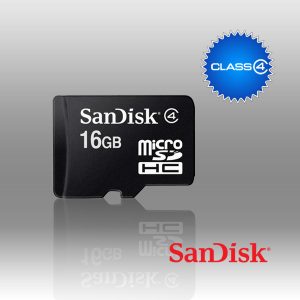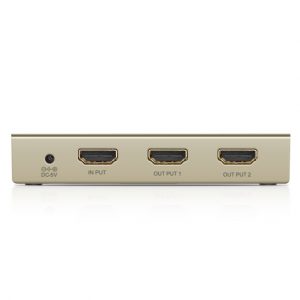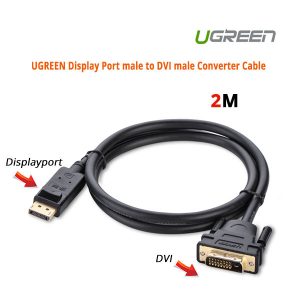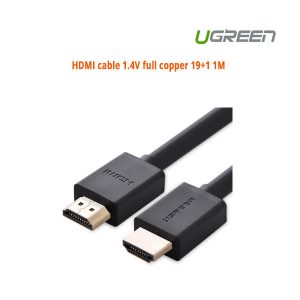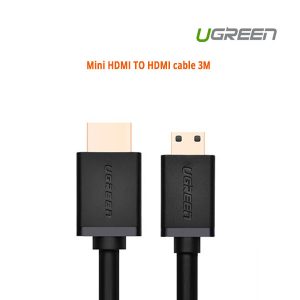Copper feel PLA based filament MetalFil 2.85mm Ancient Bronze 750 gram 3D Printer Filament
$146.29
25 in stock
Formfutura MetalFil Classic Copper is a composite PLA (polylactic acid) filament that is gravimetrically filled with approximately 80% copper powder. The high copper content in MetalFil Classic Copper makes 3D printed objects nearly indistinguishable from genuine copper casted objects. MetalFil Classic Copper can be post-processed with various patina effects.
Unique features
- Very high copper-filling of 80%
- Real copper look, heavyweight, and “cold” copper metal feel
- Approximately 300% heavier than PLA (density of 3.4 g/cc)Compatible with full metal, PEEK, and PFTE hotends
- Compatible with direct drive and Bowden style extruders
- Compatible with ≥ 0.4mm hardened nozzles with retraction settings enabled
- Easy to post-process
- MetalFil can be brushed, sanded, polished, waxed, coated and patina post-processed
Applications
- Aesthetics, design, and art
- Figurines and miniatures
General printing guidelines *
|
Nozzle size: ≥ 0.4mm |
Layer height: ≥ 0.2mm |
Experience level: Beginner |
|
Print temp: ± 215 – 235° C * |
Fan speed: 50-100% |
|
|
Heat bed: ± 0 – 60° C |
Enclosure needed: No |
*) Above displayed settings are meant as guidance to find your optimal print settings. These ranges in settings should work for most printers, but please do feel free to experiment outside these ranges if you think it is suitable for your printer. There is a lot of different type of printers, hot-ends and printer offsets that it is extremely difficult to give an overall one-size-fits-all setting.
*) If blobs/lumps form around the nozzle then your print temperature is too high.
Post processing MetalFil – Classic Copper
- Brushing and/or sand grinding – Once printed MetalFil – Classic Copper objects can very easily be brushed with a brass brush or sanded with fine-grit sandpaper. By brushing and/or sand grinding your printed object you will brush/shine up the high concentration of copper powders.
- Build-in white polish feature – After being brushed and/or sanded MetalFil – Classic Copper will reveal its white polish feature. A very thin white layer/haze on your object will now allow you to easily polish your 3D print into a beautiful copper object.
- Professional polishing with a rotary tumbler – Post-processing a MetalFil – Classic Copper 3D printed object with a rotary tumbler will make your FDM 3D printed object indistinguishable from genuine copper casted objects.
- Patina post-processing – You can create several patina effects on MetalFil – Classic Copper printed objects in just one day time. With an ammonia and soda treatment you can for instance easily create a beautiful ancient green/blue weathering effect on your copper object.
- Waxing and coating – After every above-mentioned post-processing measure, you can always wax or coat your printed object to get an incredible shine effect. Waxing can be done with products such as beeswax and for coating one can think about products such as XTC-3D.
- Abrasiveness – Please be aware that MetalFil filaments contain a very high concentration of metal powders, which have an abrasive nature. In general, these metal powders will accelerate the nozzle-wear of brass nozzles, much faster than unfilled filaments. We recommend using nozzles from stainless steel or other hardened alloys.
Filament length
|
ρ: 3.4 g/cc |
50 gr coil |
0.75 Kg spool |
1.5 Kg spool |
|
Ø 1.75mm |
± 6.1m |
± 92m |
± 183m |
|
Ø 2.85mm |
± 2.3m |
± 35m |
± 69m |
Nozzle cleaning
When printing with filled/composite filaments it is recommended to clean your nozzle immediately after printing by feeding 15-20cm PLA filament through your nozzle. This will make sure that any potential fillers are flown out of your nozzle. It is even better to use glow in the dark PLA as the extremely hard phosphorous particles are much more likely to scrape out residual waste from your nozzle.
Product export information
|
HS Code: 39169090 |
Description: Monofilament |
Country of origin: the Netherlands |
Compliance *
This filament is compliant with the below-listed directives and regulations.
- RoHS directive 2011/65/EC
- REACH directive 1907/2006/EC
*) This declaration of conformity to directives and regulations is prepared according to our present standard of knowledge and may be amended if new cognitions are available and applies only for the above-described products.
| Weight | 1.0500 kg |
|---|---|
| Dimensions | 20.5000 × 21.0000 × 6.5000 cm |
| Brand | FormFutura |
| Colour | Bronze |
| EAN | 8718924477137 |
Related products
Electronics > Computer Accessories
Electronics > Computer Accessories
Electronics > Computer Accessories
Electronics > Computer Accessories
Electronics > Computer Accessories
Electronics > Computer Accessories
UGREEN Full Copper High Speed HDMI Cable with Ethernet 3M (10108)
Electronics > Computer Accessories
Electronics > Computer Accessories



















